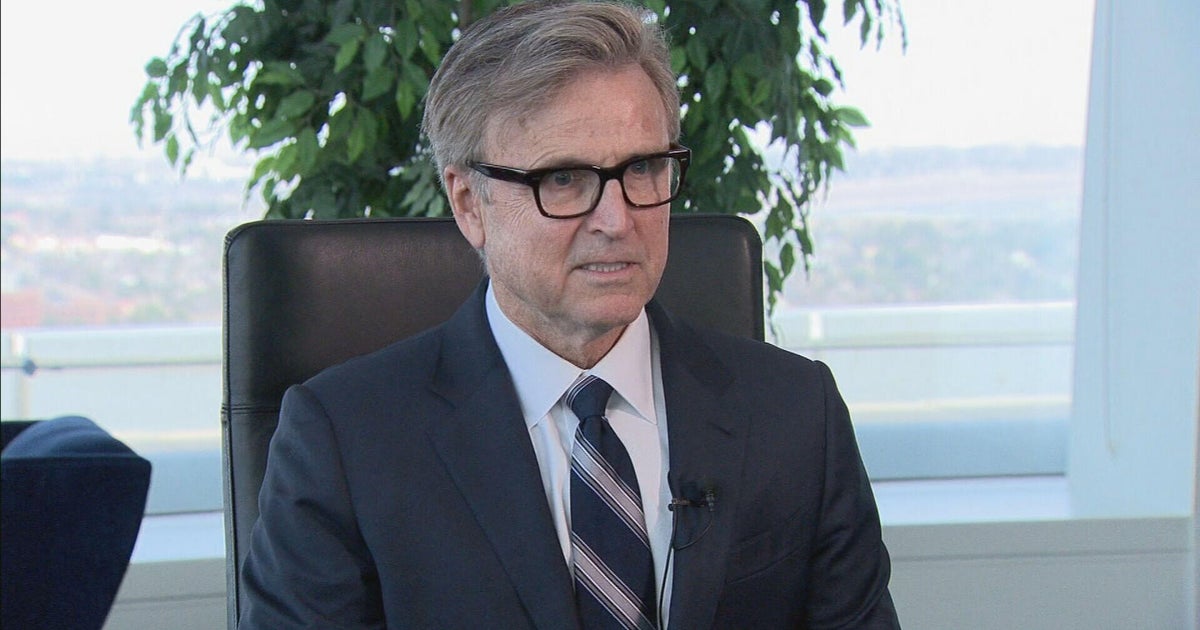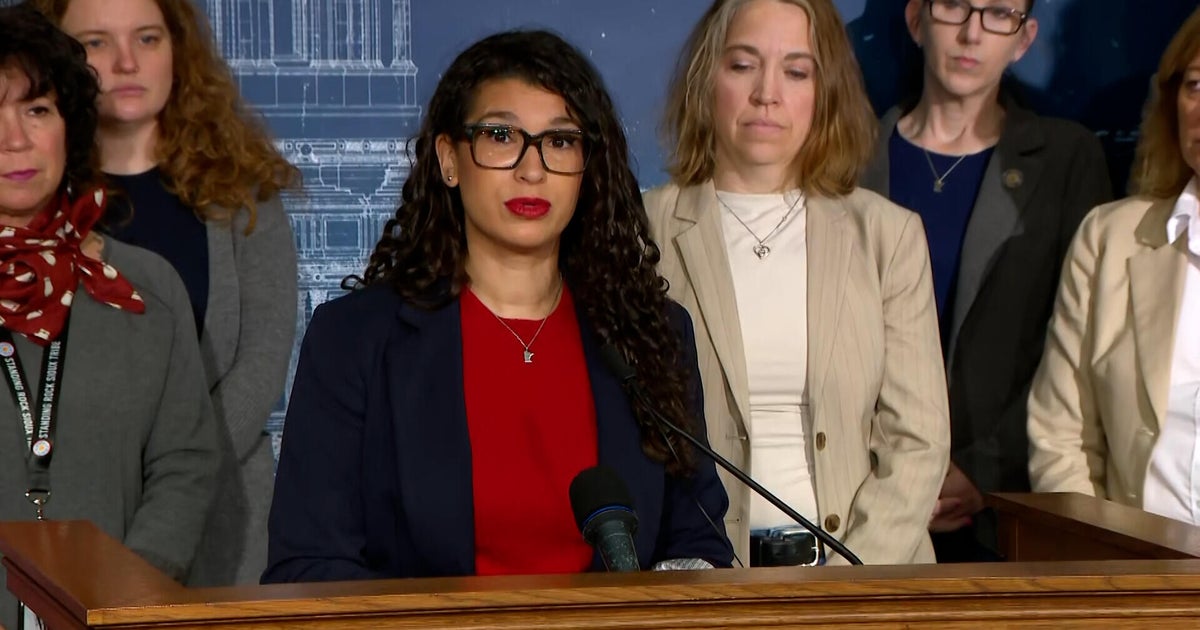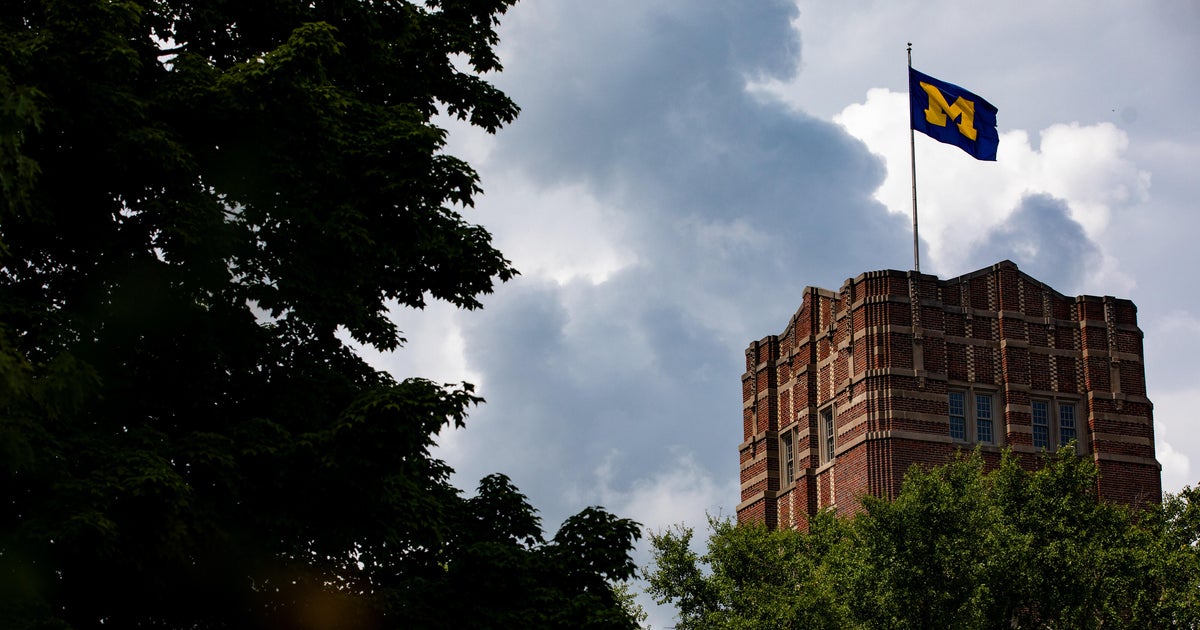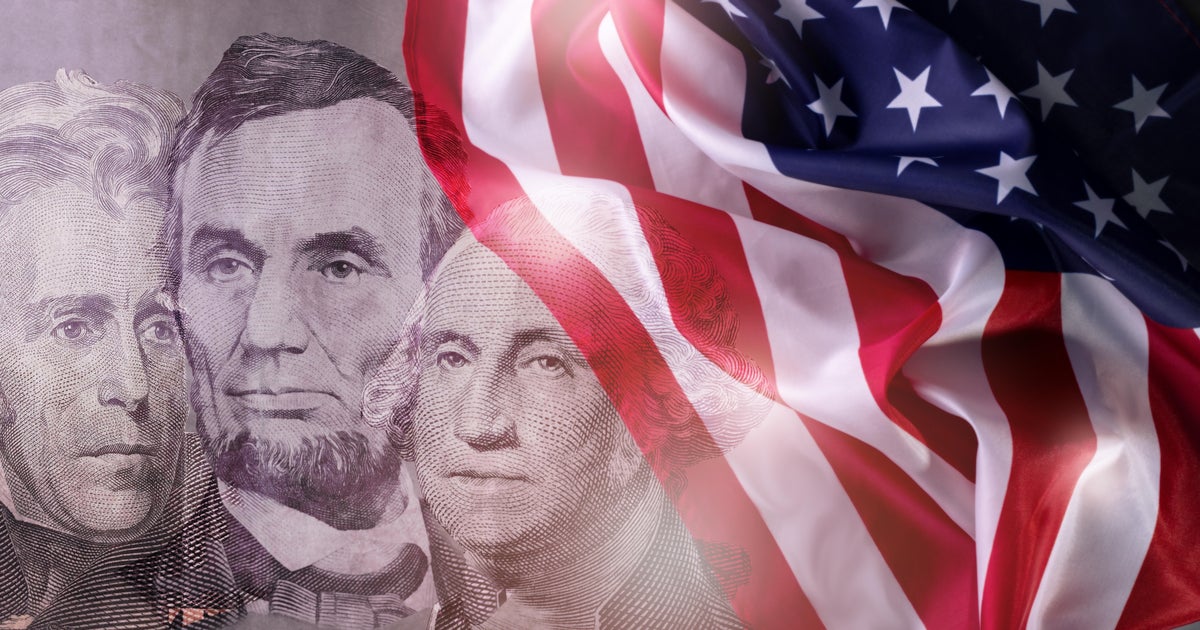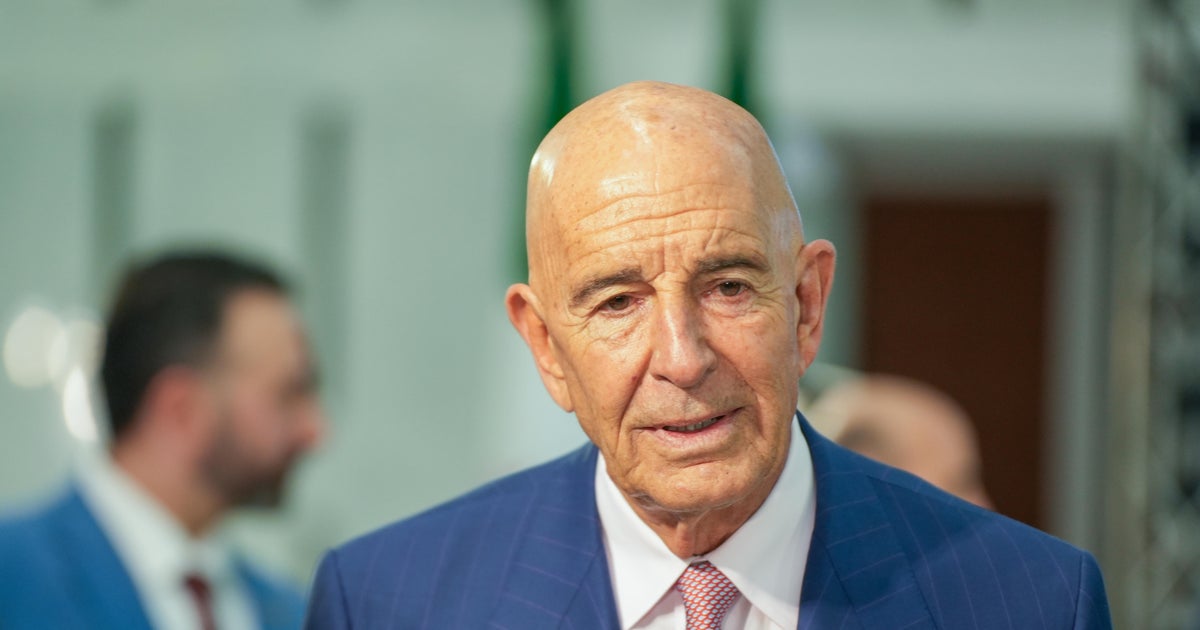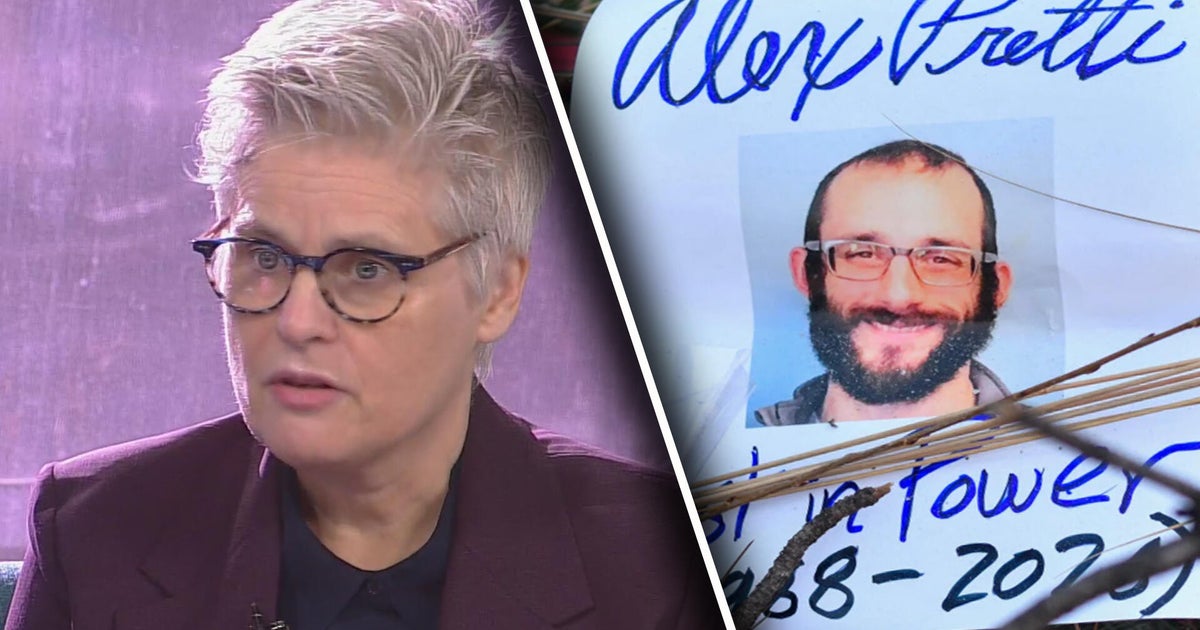FTC and 17 states file sweeping antitrust suit against Amazon
The Federal Trade Commission and 17 state attorneys general on Tuesday filed a widely anticipated antitrust case against Amazon, alleging the retailing giant illegally wields monopoly power to maintain higher prices, harming customers and weakening competition.
"Our complaint lays out how Amazon has used a set of punitive and coercive tactics to unlawfully maintain its monopolies," FTC Chair Lina Khan said in a statement. "The complaint sets forth detailed allegations noting how Amazon is now exploiting its monopoly power to enrich itself while raising prices and degrading service for the tens of millions of American families who shop on its platform and the hundreds of thousands of businesses that rely on Amazon to reach them."
She added, "Today's lawsuit seeks to hold Amazon to account for these monopolistic practices and restore the lost promise of free and fair competition."
The lawsuit, filed in Western Washington district court, takes aim at a company that started as a scrappy online bookseller in 1994 but has since transformed into an internet and retailing behemoth. The complaint alleges that Amazon regularly exploits its size and reach to block lower prices and compel merchants to use the e-commerce company's logistics and advertising services.
"Amazon is a monopolist that uses its power to hike prices on American shoppers and charge sky-high fees on hundreds of thousands of online sellers," said John Newman, Deputy Director of the FTC's Bureau of Competition, in a statement.
Millions of people visit Amazon.com each day, but that's no guarantee for third-party sellers that their products are seen, according to Molson Hart, the seller of educational building-toy brand, Brain Flakes. "We spent nearly $100,000 to advertise our products in Amazon searches last year," Hart noted in an April blog post in which he argues the company's pricing policies are helping to fuel inflation.
The states joining the FTC in the lawsuit are Connecticut, Delaware, Maine, Maryland, Massachusetts, Michigan, Minnesota, New Jersey, New Hampshire, New Mexico, Nevada, New York, Oklahoma, Oregon, Pennsylvania, Rhode Island and Wisconsin.
For Khan, the FTC's effort to crack down on Amazon is likely to be a defining case, while also putting the agency's regulatory muscle behind legal arguments she first made as a Yale University law student who accused the company of being a monopoly.
The FTC's enforcement under her watch has been far more aggressive than in previous decades, although of late Khan has lost several high-profile battles against big U.S. businesses, including Microsoft's $68.7 billion purchase of Activision and Meta's takeover of VR startup Within.
In an emailed statement, Amazon called the lawsuit "wrong on the facts and the law."
"The practices the FTC is challenging have helped to spur competition and innovation across the retail industry, and have produced greater selection, lower prices, and faster delivery speeds for Amazon customers and greater opportunity for the many businesses that sell in Amazon's store," the company said.
It added that consumers would have fewer product choices, slower deliveries and higher prices "[i]f the FTC gets its way."
Search results "bury" lower prices, FTC claims
The lawsuit alleges that Amazon is illegally undermining competition in two markets — the company's online superstore that most consumers are familiar with, as well as the market for online marketplace services bought by sellers.
Amazon uses anti-discounting techniques to deter online retailers from offering lower prices than those available on Amazon, according to the government. The retailer will "bury discounting sellers so far down in Amazon's search results that they become effectively invisible," the FTC alleges.
That contention is echoed by at least one merchant: toy maker Hart.
If his Texas company, Viahart LLC, sold its building kits for less on Walmart.com than on Amazon, they would disappear from the latter's site, Hart noted on his blog. As Amazon accounts for 90% of Viahart's revenue, "we cannot afford to have our products hidden," he wrote.
If not for Amazon's pricing policies, price-conscious consumers might compare a product they found on Amazon against the seller's site and possibly find a better deal, he argued.
"Customers could choose between the cheaper, possibly slower-shipping website and the Amazon Prime they know and love. Unfortunately, Amazon's pricing polices restrict consumers from doing that by preventing sellers from pricing lower off-Amazon," Hart wrote.
The lawsuit filed Tuesday also contends that Amazon pushes sellers to use its expensive fulfillment service in exchange for obtaining "Prime" eligibility for their products, which the FTC claims is a "virtual necessity for doing business on Amazon."
Breaking up Amazon?
Some consumer advocates applauded the lawsuit, with the Athena Coalition, a group that has advocated against Amazon's business practices, calling for the government to "break up Amazon."
"When a single corporation has this much power, it will always behave as a bully — it will pick winners and losers, exploit workers, raise prices on consumers, and pollute our planet," the Athena Coalition said in a statement. "Amazon cannot be allowed to write the rules in its own favor and break the law with impunity."
Yet others criticized the FTC's case as extreme and overly broad, predicting that it would not prevail in court.
"T]he case could greatly harm consumers, all in an attempt to shift the course of U.S. antitrust policy against the will of Congress and the courts, Geoffrey A. Manne, president and founder of the International Center for Law & Economics, a nonprofit public policy research group, said in an email.
Amazon, which among its sprawling businesses also operates a supermarket chain and movie studio, is central to many Americans' lives, but its explosive growth has long sparked calls for the company to be reined in. Consumer advocates argue that the company relies on monopolistic practices to preserve its position.
Shares of Amazon fell $5.29, or 4%, to close at $125.98.
"We see the suit as an indication that the Biden administration intends to attempt to rein in the excess influence of big technology companies to a greater extent than prior ones," Tom Forte, an equity analyst with D.A. Davidson, said in a report.
